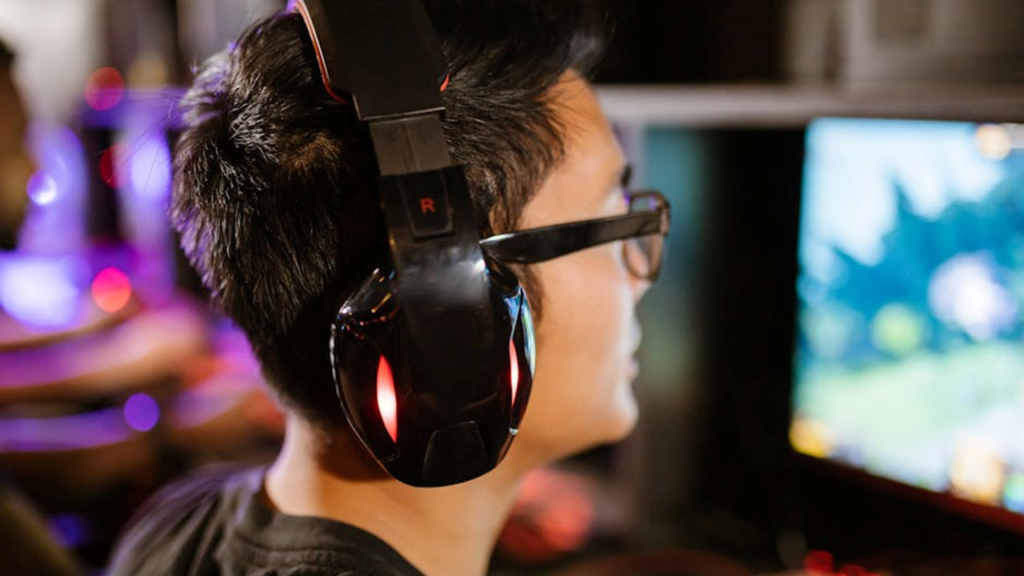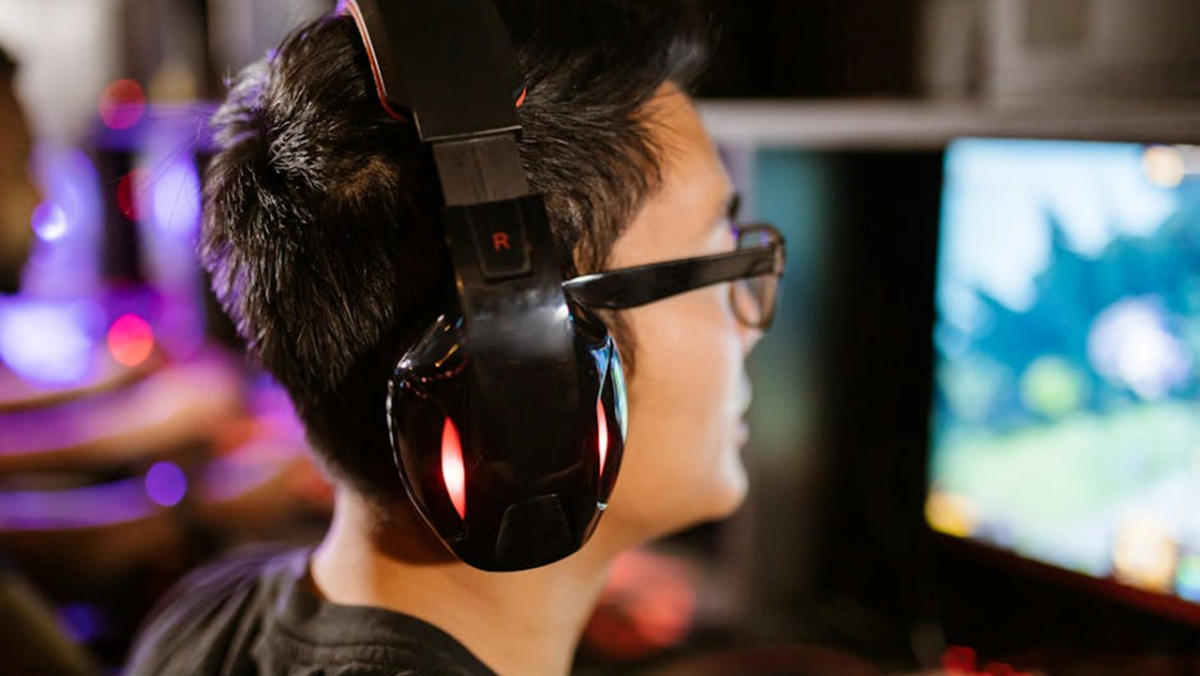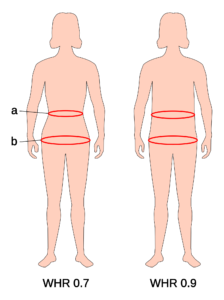Hearing is one of our most vital senses. It connects us to the world around us, enables us to communicate effectively, and allows us to experience life’s symphony in all its glory. Whether it’s the laughter of a loved one, the rustle of leaves in the wind, or the immersive sounds of a favorite video game, hearing enriches our lives in countless ways. However, the potential devastation that follows the loss of hearing cannot be overstated. It can lead to social isolation, communication difficulties, and emotional distress. Video gaming (silent threat) can lead to hearing loss with profound impact on the video gamer. Because, gaming often involves intricate soundscapes, audio cues, and immersive environments that are essential to the experience. Hearing loss can diminish the ability to listen and fully engage in these activities, affecting both enjoyment and performance.
The seriousness of hearing loss extends beyond gamers. It is a critical public health issue that affects individuals of all ages and backgrounds. Therefore, it’s essential to raise awareness about the importance of hearing and the potential risks that come with prolonged exposure to high decibel levels, especially in the gaming community. Together, we can promote safe listening practices and protect this invaluable sense.
- Factors predisposing one to hearing loss
- Statistics: Hearing Loss Among Video Gamers
- Signs and symptoms of hearing loss
- Ways in which hearing loss impacts video gaming performance
- Public health initiatives to prevent hearing loss and safeguarding the auditory health of communities.
- Proactive steps to protect your hearing sense
- Take Action now!
Factors predisposing one to hearing loss
By understanding these factors, individuals can take proactive steps to protect their hearing and reduce the risk of hearing loss.
- Age: Age-related hearing loss, known as presbycusis, is common and affects many older adults.
- Noise Exposure: Prolonged exposure to loud noises, such as from concerts, construction sites, or loud music, can damage the hair cells in the inner ear and lead to hearing loss.
- Genetics: Genetic factors can play a significant role in hearing loss. Some individuals may be born with genetic mutations that affect their hearing.
- Infections: Certain infections, such as meningitis, measles, and mumps, can cause hearing loss.
- Medications: Some medications, known as ototoxic drugs, can damage the inner ear and lead to hearing loss. These include certain antibiotics, chemotherapy drugs, and high doses of aspirin.
- Chronic Diseases: Conditions like diabetes, hypertension, and cardiovascular diseases can affect blood flow to the inner ear and contribute to hearing loss.
- Smoking: Smoking has been linked to an increased risk of hearing loss due to its impact on blood flow and oxygen levels in the inner ear.
- Low Birth Weight: Infants with low birth weight are at higher risk for hearing loss due to potential complications during birth and early development.
Statistics: Hearing Loss Among Video Gamers
Recent studies have highlighted the potential risk of hearing loss among video gamers. A systematic scoping review published in BMJ Public Health in January 2024 found that video gaming might be a modifiable risk factor for hearing loss and/or tinnitus. The review synthesized evidence from 14 peer-reviewed studies, including cohort and observational studies, and found that the average sound levels of video games often exceeded permissible exposure limits. The review concluded that gaming might be a common source of unsafe listening, putting many individuals at risk of permanent hearing loss and/or tinnitus.
Another study published by the World Health Organization in January 2024 also emphasized the potential risks of hearing loss and tinnitus among video gamers. The study reviewed evidence from over 50,000 participants and found that sound levels during gaming often near or exceed safe limits. The researchers called for greater public health efforts to raise awareness of these risks.
These findings portrays video gaming as a silent threat to hearing loss, and can be a significant source of unsafe listening. Hence more research is needed to understand the full extent of the risk and to promote safe listening practices among gamers.

Signs and symptoms of hearing loss
Hearing loss can manifest in various ways, and recognizing the signs early can help in seeking timely intervention. Here are some common signs and symptoms of hearing loss from credible sources:
- Muffling of Speech and Sounds: Sounds and speech may seem muffled or unclear.
- Difficulty Understanding Words: Especially in noisy environments or when there are multiple speakers.
- Trouble Hearing Consonants: Difficulty hearing high-pitched sounds, such as consonants.
- Frequently Asking for Repetition: Often asking others to speak more slowly, clearly, and loudly.
- Increasing Volume on Devices: Needing to turn up the volume of the television, radio, or other audio devices.
- Withdrawal from Conversations: Avoiding social settings or conversations due to difficulty hearing.
- Ringing in the Ears (Tinnitus): Experiencing ringing, buzzing, or other sounds in the ears.
- Difficulty Hearing on the Phone: Struggling to hear conversations over the phone.
- Feeling of Fullness in the Ear: A sensation of fullness or pressure in the ear
Ways in which hearing loss impacts video gaming performance
- Audio Cues: Many games rely heavily on audio cues to provide important information, such as the direction of approaching enemies, environmental changes, or in-game alerts. Hearing loss can make it difficult to detect these cues, leading to slower reaction times and decreased situational awareness.
- Communication: Multiplayer games often require effective communication with teammates. Hearing loss can hinder the ability to hear and understand voice chat, making it challenging to coordinate strategies and respond to teammates’ calls.
- Immersion: Sound plays a crucial role in creating an immersive gaming experience. Hearing loss can reduce the overall enjoyment and engagement with the game, as players may miss out on the full auditory experience.
- Fatigue and Strain: Struggling to hear in-game sounds can lead to increased cognitive load and fatigue, as players may need to concentrate harder to compensate for the lack of auditory information.
Public health initiatives to prevent hearing loss and safeguarding the auditory health of communities.
- Tracking and Surveillance: The Centers for Disease Control and Prevention (CDC) conducts tracking and surveillance to determine the prevalence of hearing loss and identify at-risk populations. This data informs intervention and prevention strategies.
- Early Detection and Intervention: Programs like universal newborn hearing screening ensure early detection of hearing loss in infants, allowing for timely interventions that can improve language skills and communication.
- Education and Awareness: Public health campaigns such as The World Hearing Day raise awareness about the risks of excessive noise exposure and promote safe listening practices. These campaigns target various age groups, including children, adolescents, and adults.
- Legislation and Policy: Policies and regulations are implemented to control noise levels in workplaces and public spaces. For example, the National Institute for Occupational Safety and Health (NIOSH) sets standards for acceptable noise levels in occupational settings.
- Hearing Protection Devices: Encouraging the use of hearing protection devices, such as earplugs and earmuffs, in noisy environments can help prevent hearing loss. Public health authorities provide guidelines on the proper use of these devices.
- Support Networks and Services: Public health initiatives also include support networks and services for individuals with hearing loss. These services provide access to hearing aids, cochlear implants, and other assistive technologies.
By implementing these initiatives, public health authorities aim to reduce the prevalence of hearing loss and improve the quality of life for those affected.
Proactive steps to protect your hearing sense
- Keep Volume Levels Safe: Whether using headphones or speakers, always keep the volume at a moderate level. The World Health Organization (WHO) recommends keeping the volume below 85 decibels.
- Use Noise-Canceling Headphones: These can help block out external noise, allowing you to hear your audio clearly without needing to increase the volume.
- Take Listening Breaks: Give your ears regular breaks from loud sounds to prevent fatigue and reduce the risk of damage.
- Use Hearing Protection: When exposed to loud environments, such as concerts or construction sites, use earplugs or earmuffs to protect your ears.
- Monitor Sound Exposure: Some devices and apps can help you track your sound exposure levels and alert you when they reach unsafe levels.
- Get Regular Hearing Check-Ups: Schedule regular hearing tests to detect any early signs of hearing loss and take necessary preventive measures.
- Educate Yourself and Others: Stay informed about the risks of hearing loss and spread awareness about safe listening practices within your community.
Take Action now!
Hearing is a precious gift that connects us to the world around us, and it’s essential to take proactive steps to protect it. If you experience any symptoms of hearing loss—such as difficulty understanding conversations, muffled sounds, or ringing in the ears—don’t wait. Schedule a visit with an Ear, Nose, and Throat (ENT) specialist or your primary physician for a thorough ear checkup. Early detection and intervention can make a significant difference in preserving your hearing health.
Additionally, make it a priority to protect your hearing with safeguards. Lower the volume on your devices, use noise-canceling headphones, and take regular breaks from loud noises. By adopting these simple yet effective measures, you can safeguard your hearing and enjoy the full spectrum of sounds that life has to offer.



